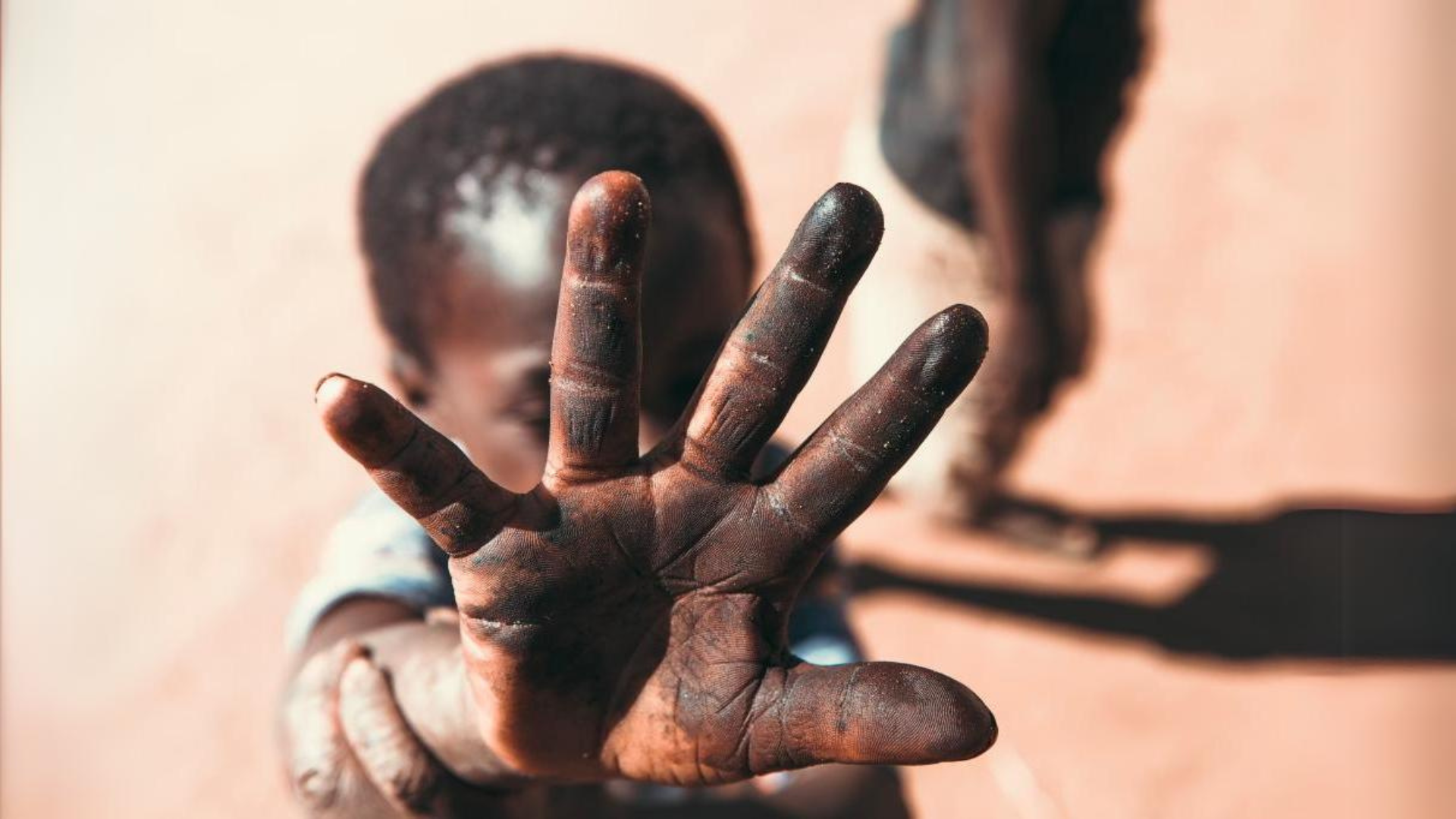December 15, 2023
by Carla Karizza Delos Reyes
Christmas is commonly dubbed by the general public as the season of giving. This is driven by its symbolistic nature, with Jesus Christ being perceived as the ultimate gift to the universe. The practice of giving during the Christmas season is heavily observed within the typical Filipino household, which could expand further into extended families. Once the first hour of the 25th of December hits, families would gather to proceed with exchanging and opening gifts. Even more, recent years have shown the transcendence of such tradition beyond mere blood ties. Apart from sharing presents within the family, Filipinos are now participating in charitable activities as a form of showing their support to the less fortunate. With this growing behavior, the Christmas season begins to become a conditional trigger point for people to suddenly remember the poor. Now, we try to analyze and understand the positive outcomes and repercussions of such culture among Filipino households.
On a positive note, the mere idea of providing support to the less fortunate is one advantage that the centralization of poverty during the Christmas season could bring. Provided that the struggling economic classes are challenged, supporting them could go a long way toward their sustenance. Further, this culture has propagated a sense of community-building among Filipinos. With the new idea of Christmas being celebrated to support the poor, Filipinos now organize themselves and help each other to come up with charitable events. This brings a stronger connection among each other. Finally, the idea of giving to the less fortunate is aligned with the essence of Christmas.
Amidst all this positivity are the drawbacks of the giving culture among the less fortunate. First, given that the community has actively taken action to support the poor, most especially during the Christmas season, higher officials are building a sense of dependence on the donations that well-off Filipinos provide, thus veering away from having to address the root causes of poverty. Furthermore, the culture of centralizing poverty during Christmas has built a Messiah complex among those who are privileged. Filipinos that are capable of giving now have the tendency to think highly of themselves and take pleasure in being perceived as a savior to poverty. Lastly, giving during Christmas has brought a growing dispute on who deserves to be given. With this poverty-centric culture, there is now a question of whether or not those who are capable deserve to receive anything during Christmas, even after all that the season is expected to be celebrated by everyone.
There is a good mix of positive and negative outcomes that poverty-centrism during Christmas provides. A good way to go about this is to maximize the good points it brings by taking ethical advantage and managing the bad points that result from it. While Christmas ensues a culture of helping the less fortunate, dependence on this is unsustainable and can negatively affect the economy. After all, giving during Christmas is something we cannot control, especially since it is born out of the personal will of Filipinos in pursuit of their appreciation of their Christianity.

